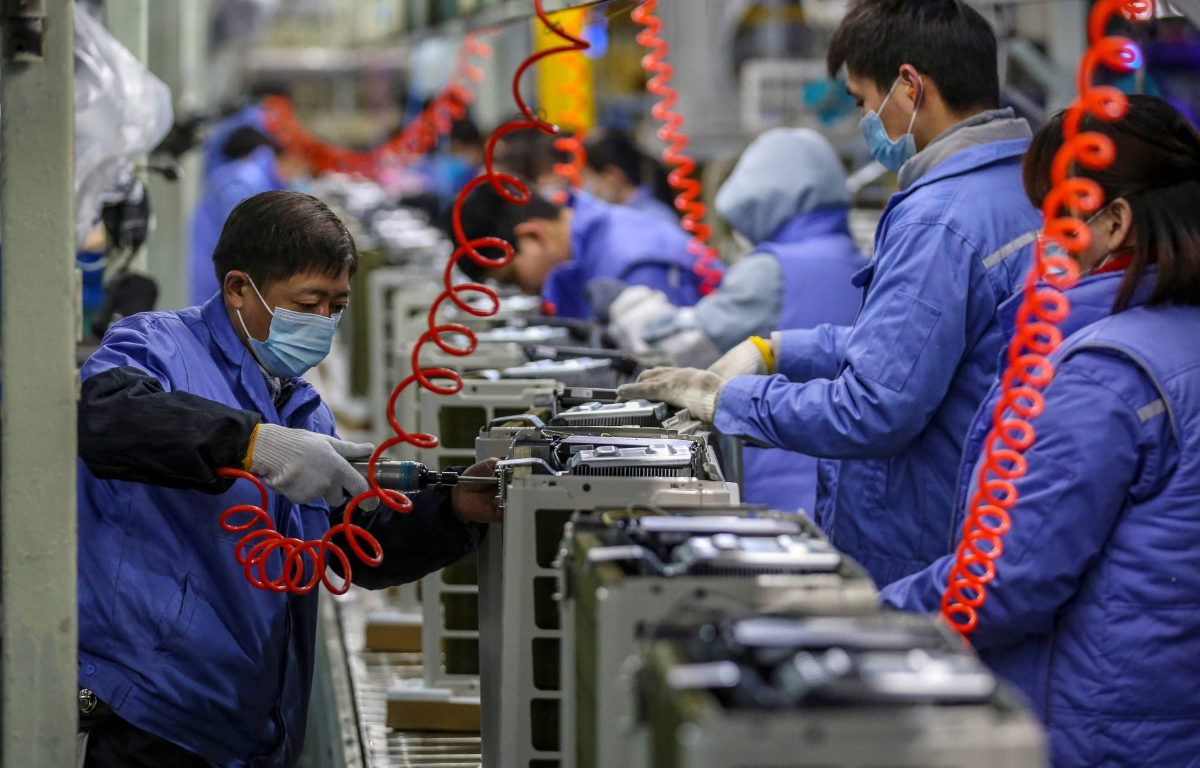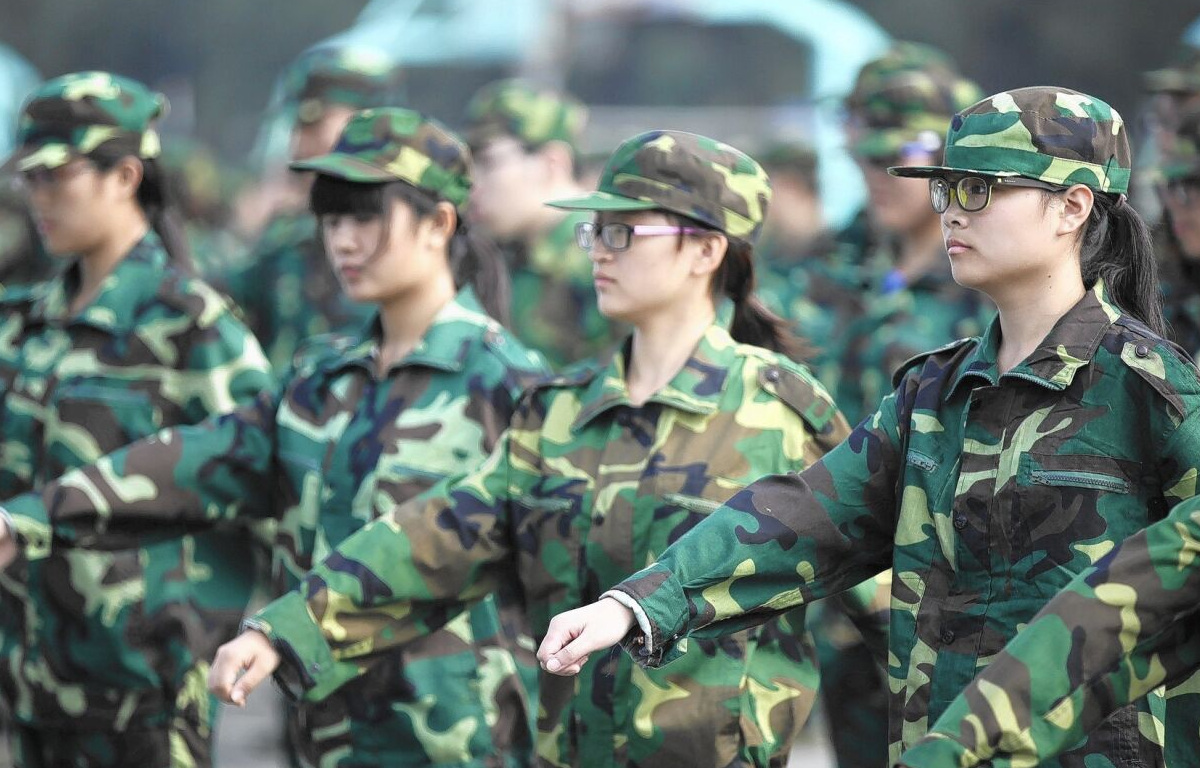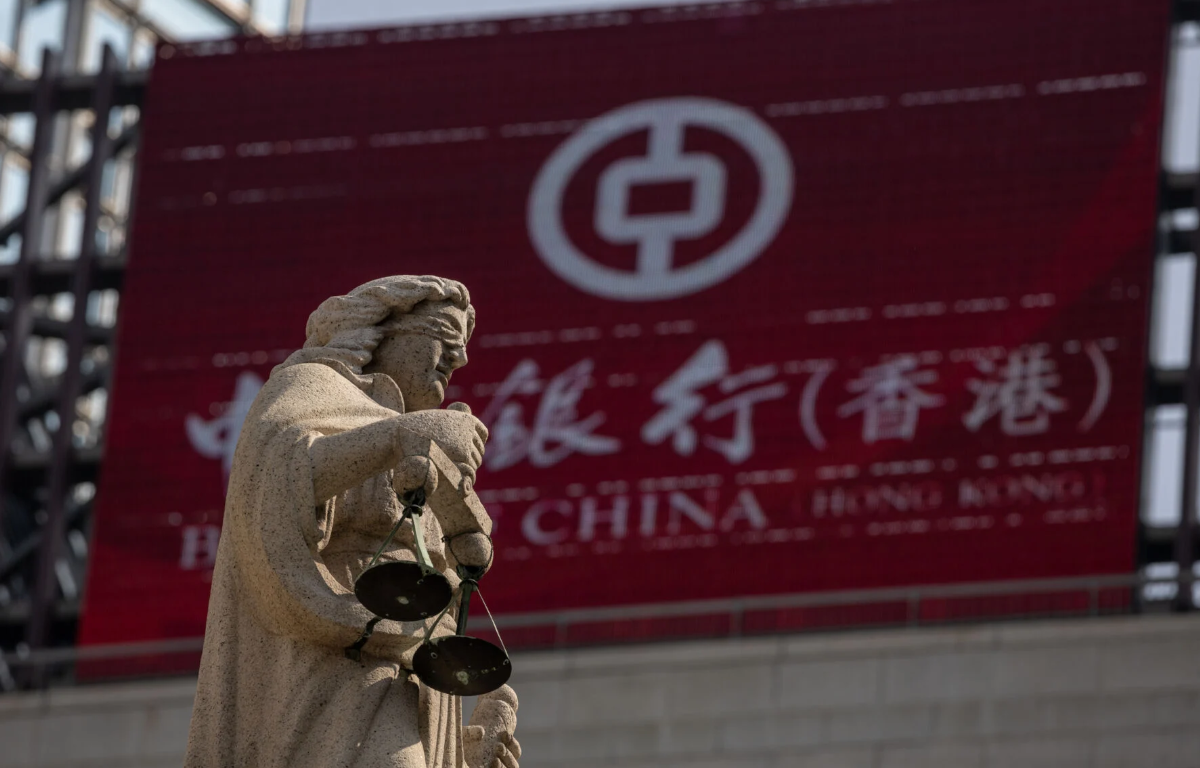
Hong Kong’s autonomy, distinguished by a robust legal system, freedom of speech, and an independent judiciary, is now under threat. The “One Country, Two Systems” framework that once safeguarded its distinctiveness has eroded. This article examines the implications of recent developments, which curtail freedoms and suppress dissent, jeopardizing the city’s unique position within China.
The controversial National Security Law, enacted in 2020, marks a turning point for Hong Kong. Its broad provisions, criticized for curtailing fundamental rights, have resulted in the arrest and prosecution of pro-democracy activists and journalists. Explore how this law has stifled freedom of expression and assembly, with profound implications for the city’s civil society and human rights.
Hong Kong’s media outlets, once known for diverse perspectives and critical analysis, face increased censorship and self-censorship pressures. Journalists and media professionals navigate a treacherous landscape, where objective reporting is threatened. Discover the impact of media restrictions on freedom of the press and the shrinking space for civil society organizations and pro-democracy groups in Hong Kong.
The erosion of Hong Kong’s autonomy and curtailing of civil liberties have drawn international condemnation. Concerns about human rights abuses and the rule of law prompted several countries to impose sanctions. Explore how these actions have tarnished Hong Kong’s international reputation and potentially affected its global standing and economic vitality.
The extinguishing of Hong Kong’s lights of freedom holds broader significance, reminding the world of the importance of democratic values and human rights. As the city faces a crossroads, the resilient spirit of its people becomes crucial in rekindling the lights of freedom for a brighter future.










Share this: